Questions by Nicole Whitelaw – Adaslist.
Nicole: Who are you and what do you do?
Servane: I am passionate about the social economy. Its complexity. Its grit. Its empathy. Its impact. Its challenges. Its failures too.
For the past twenty years, I have helped social leaders and investors align their imagination and resources to create services and experiences that transform people’s lives. Through Ogunte CIC, a UK founding Bcorp, I have delivered growth-readiness, foresight, and leadership programmes for ca. 9000 women in Social Enterprises, impact investors and NGOs globally. Originally from France, I have lived and worked in the Netherlands and Brazil, and my work with Women in Social Enterprises took me all over the world where I learned about their diverse lived experiences, their amazing generosity and social impact.
Nicole: Over the past year, we’ve all had to adapt in many ways. How’s the past year been for you, and how has the pandemic affected your business in a positive way?
Servane: Just before lockdown happened in March 2020, I came back from a study meeting with the British Council and partners from various parts of the MENA region to see how we could amplify connections and exchanges of resources between countries in a genuine mutual way whilst taking into account the volatility, uncertainty, complexity, and ambiguity of the world around us. (The lockdown hadn’t started yet in the UK…).
This connectedness theme remained at the core of what I did throughout the whole year, as I kept bringing people together at the intersection of enterprise, social finance and futures-thinking, to help them create a positive social impact. That has been my growth focus: removing barriers to learning, amplifying personal resilience, provoking people around their own biases and stereotypes, all of this whilst making hard decisions to keep afloat and sane. For some of the people I have helped, it was about making sense of a possible business closure, pausing and re-imagining the future.
For me, it has made me think about breaking the mould of my business. A few months ago, I started growing a capacity-building platform that helps changemakers to focus and deliver on their purpose, in practical terms. 2020 became a perfect permission to adapt. I like the idea of acceptance, fluidity, and the learning that the word “adapt” refers to.
For some of us who are working in the social economy, growing services to reduce inequalities or climate issues, we know it is pointless to stay stuck in the old ways of doing things. They are not fit for purpose, and often too painful. We are working hard for transformation.
Nicole: Can you tell us a bit more about the strategies you’ve used to stay true to your company’s mission while adapting to change?
Servane: My mid-term goal is to develop a punk angel and philanthropic investment circle to be able to boost bold, futures-focused, inclusive badass women-led ventures. The courses I deliver about focus help not just my audience of changemakers, but also my commitments. I can where people struggle, what distracts them and what brings them back on track. I also learn about the ecosystems they are working in and that spices up my views of the world.
I have always rolled my eyes at the idea of setting a 5 years goal. However, if you talk to me about the next 12 days AND the next 12 years, I get excited. As someone said:
“The future is not something you step into, it is something you build”.
Therefore, I need to inject some wild imagination and futures scenarios in my day-to-day practice, to understand the big picture. This approach can be sobering because you can tell where the world is about to crash. At the same time, I get a lot of energy from this exercise, because I can rally troops about and start developing attitudes, beliefs, networks, to bend the future. Together, we create something far more attractive, knowing it won’t be a linear trip.
All my capacity building sessions include a wild What if to warm people up. I also love to mix groups of people, talents and life perspectives.
For example, if I put people in a room that would have never met in other circumstances and have different life experiences, it can have an impact on a 10-year investment decision.
Nicole: How have you been continuing to build brand awareness throughout the pandemic? Have you discovered any new tactics or ways to do this?
Servane: I have been going back to my core values and reflecting on how I should let them come out more freely.
The key exercise is to
1) remember your values and drivers, and why you have created this business in the first place.
2) Keep in mind the people you want to serve, and why they are coming to you and not others.
A lot of businesses do provide the same stuff.: commodities, business services, games, tech devices, you name it… But what is often different is the approach or philosophy of some; the plain language they use, or the care they show, not only for their customers, but also for their staff, and future stakeholders.
This year has probably offered us a reminder to keep things simple and valuable.
A few weeks ago, I was sharing some marketing copy with my co-mentor – I sit down every week with a peer to exchange questions, rants, laughter and insights. She said to me: technically you describe what’s in the tin, but honestly you are nowhere to be found in there. It is boring. Bring yourself back in. Where is your fire, your energy, where is your kindness and your punk-ness in this copy? Where are you?”
To build brand awareness, strip the fluff away, put your soul in there, and if you have a team, an extension of your current collective culture. Don’t hide it away. Show the goods. People will be attracted by your products if the latter genuinely show you care.
Nicole: While it’s been a difficult year globally, to say the least, the changes we’ve seen have also opened up new opportunities. At Bulb, some of our learnings from working remotely will stick with us when we return to the office. What are some of the learnings you’ll take with you once this is all over?
Servane: I have discovered that people struggle with “physical” distancing. That they’ve compensated by reducing “social” distance through binge-zooming and now they are paying the mental health price.
I have also been reminded that empathy, the power of imagination, diverse communities, and simplicity always win.
And I am very uncomfortable with the idea to go back to how things were before. I don’t want to “build back better”, I want us to create places, products and services that tell people they matter, unconditionally.
Nicole: And with those learnings in mind, what advice would you give to people launching their own company?
I think you need to think with the end in mind and ask yourself a few questions from the outset:
- What kind of conscious and strategic leader do YOU want to be?
- Which values and approaches will guide your discovery as you start designing products and services?
- What are you ready to sacrifice and from the perspective of your 70-year-old self, does it still make sense?
Before you launch, explore the following with a peer, a mentor or a coach:
- Find your personal DNA: who you love to serve, why, how you do that systematically, and the magic you generate. These qualities will always be transferrable to your new projects
- Be clear about your purpose, your guiding star. This will help you get up again after bad setbacks.
- Keep the big picture in mind: think about systems rather than silos. What if your success means that you crush a whole group of people or damage the biodiversity? Understand the ripple effects and the conditions of your potential growth. This awareness will enable you to build a product from the outset, which is inclusive and doesn’t harm. It will also inform how you shape your governance.
- Learn to stay focused: you can start a few businesses in your life. But time is non-renewable. Don’t waste it.
- Carve out space to reflect and imagine. Dreaming is not a vacuous activity; it is a productive place. You need to make friend with it.
- Reach out to people who are at the fringes of your network, doing different stuff. They will give you invaluable perspectives, seeds of innovation.
- Finally, embrace the wins as you go. Evaluate, learn and celebrate your achievements from the start with others. Joy is life.
Servane Mouazan is a Business Strategist Board Advisor & Angel for Social, Green and Tech4Good ventures. She lives in North London, speaks 5 languages and loves playing Capoeira.
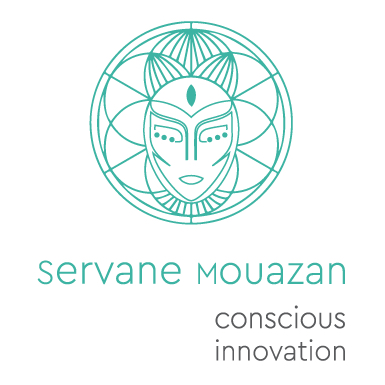
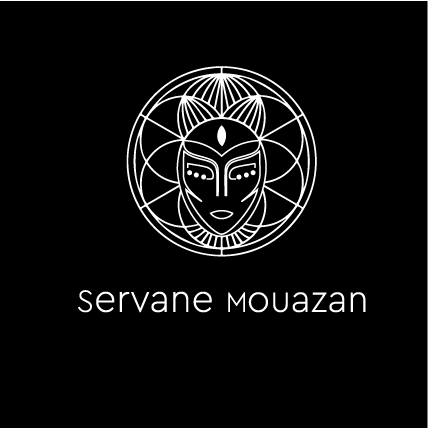
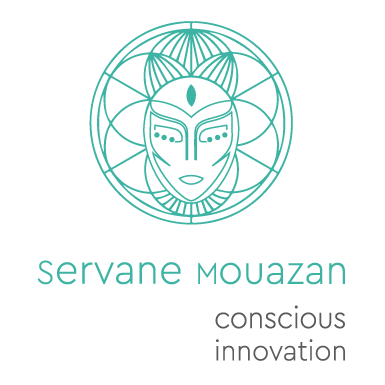
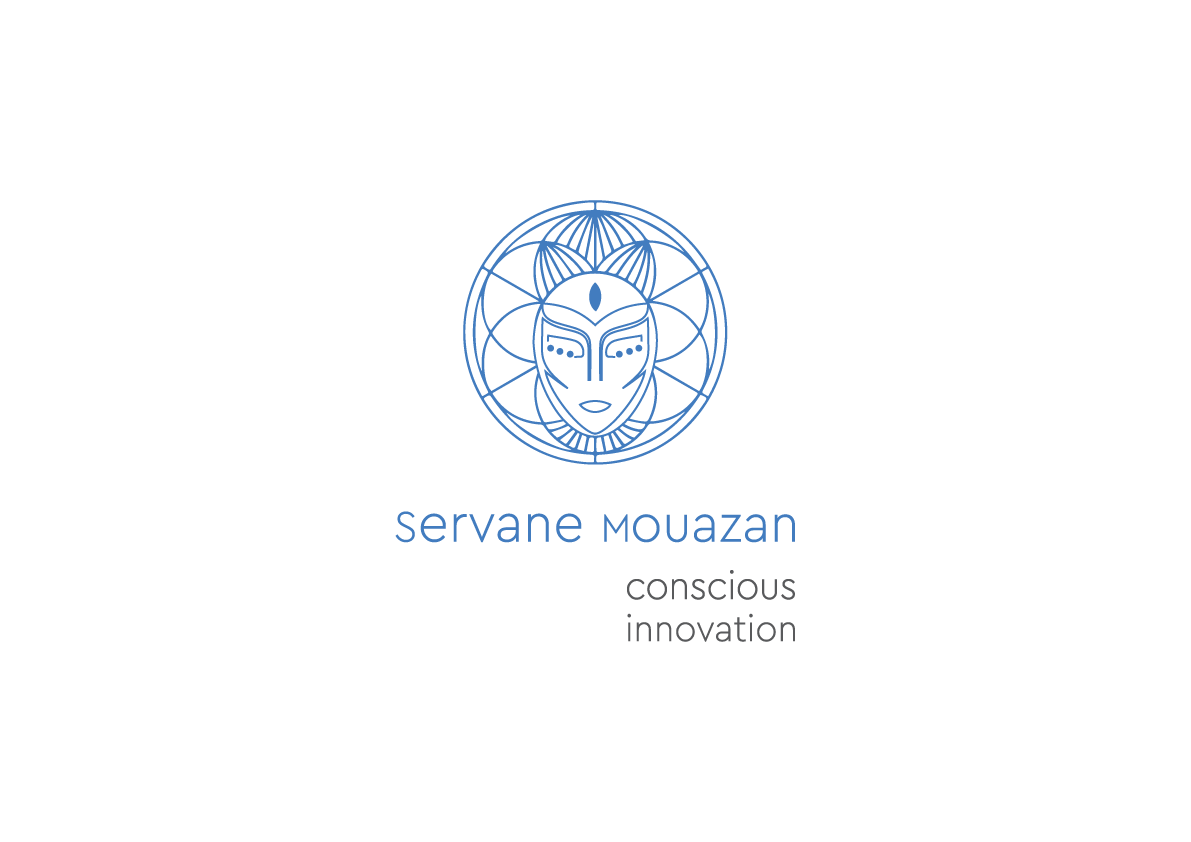

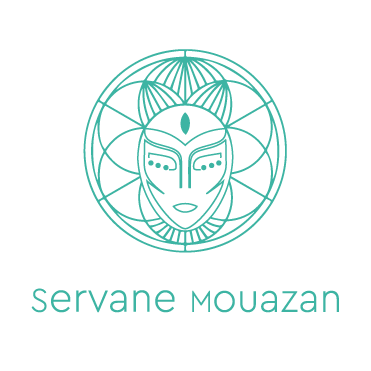
You must be logged in to post a comment.